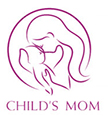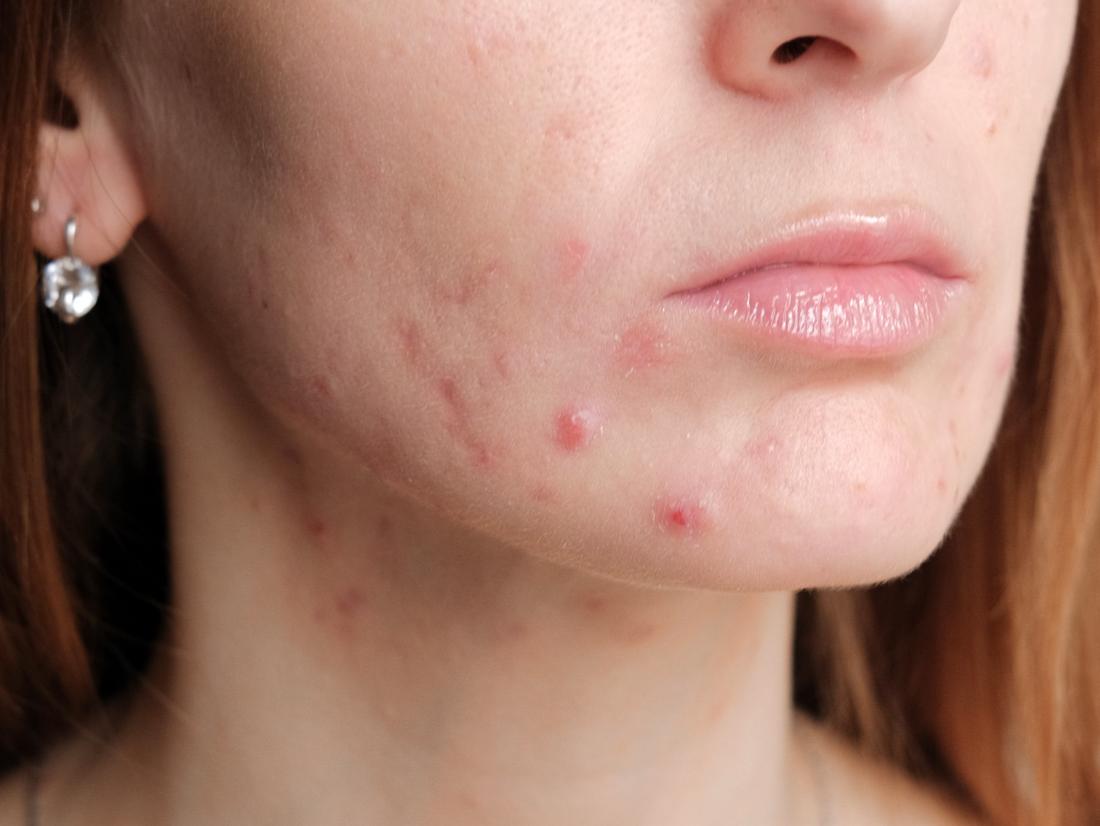Acne is a common skin condition that affects people of all ages, races, and genders. Acne can be caused by a number of factors such as hormonal changes, stress, and poor hygiene. It can take months for acne to go away after pregnancy.
Acne is a common skin condition that affects people of all ages, races, and genders. Acne can be caused by a number of factors such as hormonal changes, stress, and poor hygiene. Acne during pregnancy can be caused by the hormonal changes that occur in the body during pregnancy or it could be due to an increase in oil production or due to the use of certain medications or cosmetics while pregnant. Acne after ovulation is often caused by hormone fluctuations or an increase in oil production which may happen when you are ovulating or when your menstrual cycle starts again after stopping birth control pills or when you go off the pill altogether.
It can take months for acne to go away after pregnancy because hormones stay elevated throughout
How Does Acne Affect Your Hormones?
Acne is a skin condition that affects many people. It is triggered by hormones and leads to an overproduction of sebum. Let’s find out more about the hormones that cause acne and how it affects your mood.
Acne does not only affect your physical appearance, it also impacts your mental health. Acne can lead to anxiety, depression, low self-esteem and social isolation.
Hormones are chemical messengers in the body that are responsible for regulating various processes like growth, reproduction, moods and metabolism. They are produced by glands in different parts of the body like ovaries or testes as well as by other organs like brain or thyroid gland. Hormones can be classified into three groups based on their function: endocrine (internal), exocrine (external) or paracrine (local).
What are the effects of different stages of the menstrual cycle on acne?
The menstrual cycle can be divided into 4 stages: the follicular, ovulatory, luteal, and menstruation stages. The follicular stage is when the levels of estrogen and progesterone are low. The ovulatory stage is when the levels of estrogen are high and progesterone is low. The luteal stage is when the levels of estrogen are high and progesterone is high. And finally, menstruation occurs when there are no hormones in your body.
The effects that these different stages have on acne can vary greatly from person to person because everyone’s hormonal makeup is different. However, some general trends that can be seen for acne sufferers during these different stages include an increase in sebum production during the follicular stage which may lead to more breakouts as well as an increase in testosterone production during the ovulatory stage which may lead to more oil production and breakouts on skin that has already been damaged by acne-causing bacteria.
What Factors Can Cause Acne When You Are Pregnant?
Pregnant women experience hormonal changes and skin sensitivity. The most common symptom is acne.
The hormones in the body change during pregnancy and this can cause acne. Hormones are chemicals that control and regulate the functions of different organs in the body. In a pregnant woman, hormones are responsible for regulating her emotions, moods, and even her skin condition.
Pregnant women experience hormonal changes which means that their skin becomes more sensitive to all sorts of external factors, including stress or even certain foods that were not problematic before pregnancy.
Causes of Acne During Pregnancy
Acne is not a condition that only affects teenagers. It can happen to anyone of any age and can be caused by hormones.
In this article, we will discuss the causes of acne during pregnancy and what you can do to prevent it.
Pregnancy hormones are one of the many reasons why pregnant women experience acne. Hormones stimulate the sebaceous glands in your skin which causes excess sebum production. This leads to clogged pores and pimples which are a common symptom of acne during pregnancy.
Hormonal changes are often the culprit behind an increase in acne breakouts during pregnancy, but there are other factors too, including stress levels, increased oil production, changes in diet or environment, or even just the change in temperature that can cause your skin to become more oily or dryer than usual.
There are many ways for you to reduce your risk for developing acne during pregnancy such as keeping your skin clean and moisturized with products that suit your skin type
Treating Acne During Pregnancy
Pregnancy is a time of many changes, including hormonal and physical changes. Pregnancy brings with it many new challenges, and one of these is the appearance of acne. Acne can be a distressing condition for any woman and it is often worse during pregnancy.
As the hormones change, some women find that their skin becomes more oily, which can lead to breakouts. Acne during pregnancy may also be caused by changes in the levels of hormones that regulate oil production in the skin. This means that some women find their acne improves after they have had their baby, while others find that it continues to worsen.

